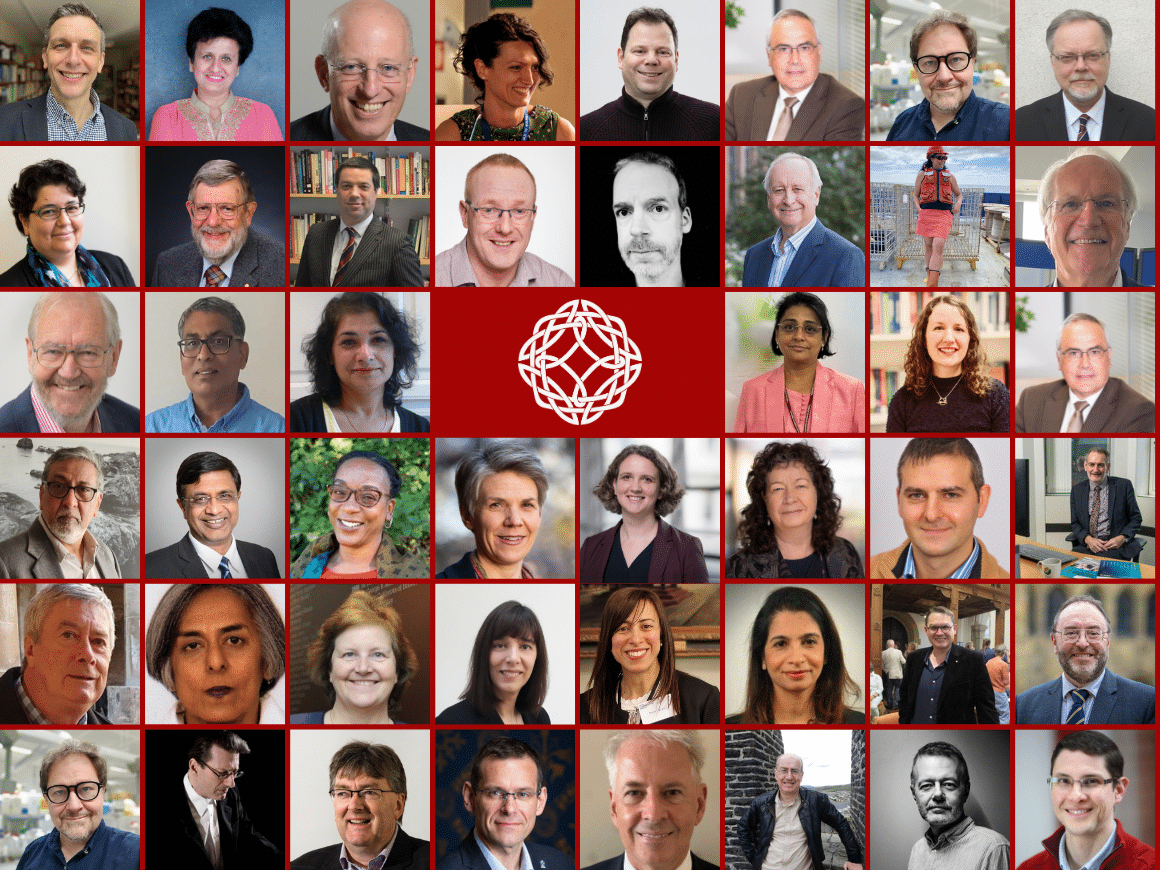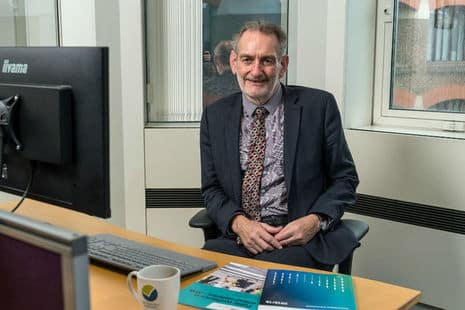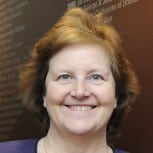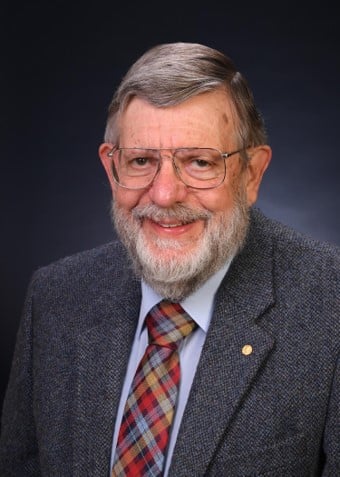Learned Society of Wales Welcomes 43 New Fellows

The Learned Society of Wales congratulates the latest forty-three people elected to its Fellowship, all of whom represent the best of Wales’ academic, cultural and civic life.
Our strategy puts the Fellows at the centre of our work. They are vital in cementing our reputation as an independent and authoritative voice that can make an impact on Welsh society. Their connections, experience and expertise will be key to us reaching our aim of ensuring that research in Wales contributes to a thriving nation.
Almost a third of the new Fellows, who are elected by the existing Fellowship, are from ethnic minority backgrounds, by far the highest percentage ever, an important outcome as the Society continues working to improve its diversity.
The new Fellows come from a wide range of academic and professional backgrounds, covering science, technology, engineering and medicine to the humanities, arts and social sciences. There are notable strengths this year in oncology; music composition and performance; and sustainability and the green economy.
In addition, two new Fellows, Professor Erminia Calabrese and Professor Aimee Morgans, are recent recipients of Learned Society of Wales medals, further evidence of how the medals are a marker of exceptional research talent.
Honorary Fellows
The new Fellows are joined by three Honorary Fellows, elected because they have made an outstanding contribution to the world of learning and have established a world-class reputation and status.

Sir Ian Diamond FRSE FBA FAcSS
Professor Diamond is the UK’s National Statistician and has held numerous senior roles in government and higher education. He was commissioned by the Welsh Government in 2016 to conduct a review into university finance.

Professor Dame Ann P. Dowling OM DBE FRS FREng Hon FIMechE ScD
Professor Dowling is a mechanical engineer and expert in combustion and acoustics. She was the first woman professor in engineering at the University of Cambridge, the first woman to head that department, and the first woman to become President of the Royal Academy of Engineering. Professor Dowling has used her platform to promote engineering as a career and to encourage more young people, particularly women, to go into engineering.

Professor William D. Phillips FAPS Hon.MOSA FAAAS MNAS NL
Professor Phillips is an American physicist of Welsh descent, who, together with colleagues, won the Nobel Prize for physics in 1997. His work on using lasers to cool and trap atoms so they can be better studied has resulted in technological breakthroughs that rely on highly accurate measurement, such as atomic clocks and quantum computing.
“The announcement of our new Fellows is always a highlight of the Society year,” said Professor Hywel Thomas, the Society’s President.
“The work of the Society, the innovation roundtables we run, our Early Career Researchers Network are all built on the knowledge and contributions of our Fellows.
“The Fellows we announce today add to this by bringing the most extraordinary range of skills and insight and experience. Being able to draw upon their collective expertise to support the work we do means we can have a real impact as a source of trusted, evidence-informed advice.”
Olivia Harrison, the Society’s Chief Executive, welcomed the new Fellows and said: “Following a campaign spearheaded by the Society’s Council, we are especially pleased to see a significant increase in new Fellows who are from ethnic minority backgrounds.
“We are determined to continue improving the Society’s diversity. We want to ensure we are a welcoming and inclusive Society in which we encourage Fellows from under-represented groups to have a voice in our work.
“The Society’s Equity, Diversity and Inclusion working group is made up of a wide range of Fellows, including people who are world-leading experts in EDI. It is helping to shape our ambitious next steps, including the imminent launch of our EDI action plan.”
We have committed to collecting and sharing data every year about the demographics of our new Fellows, part of our efforts to be transparent about the steps we are taking towards achieving our EDI ambitions.
This year, we focussed on encouraging nominations of people from ethnic minority backgrounds which resulted in an increase from 11% in 2023 to 30% of our 2024 Fellows.
In the last two years, we had a focus on nominations of women to the Fellowship. Last year, just over 50% of new Fellows were women; this year that figure is nearly 35%. In the last two years this means that 43% of the Society’s new Fellows have been women.